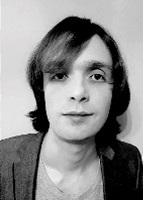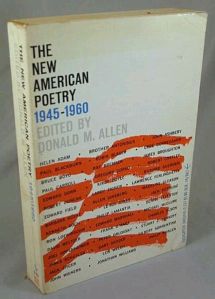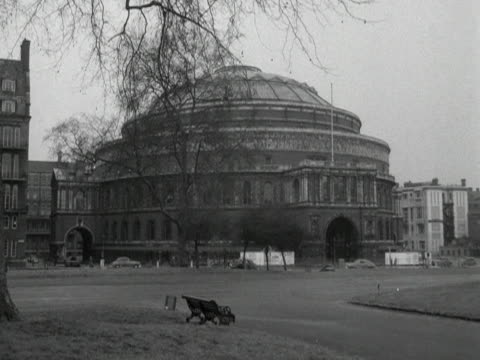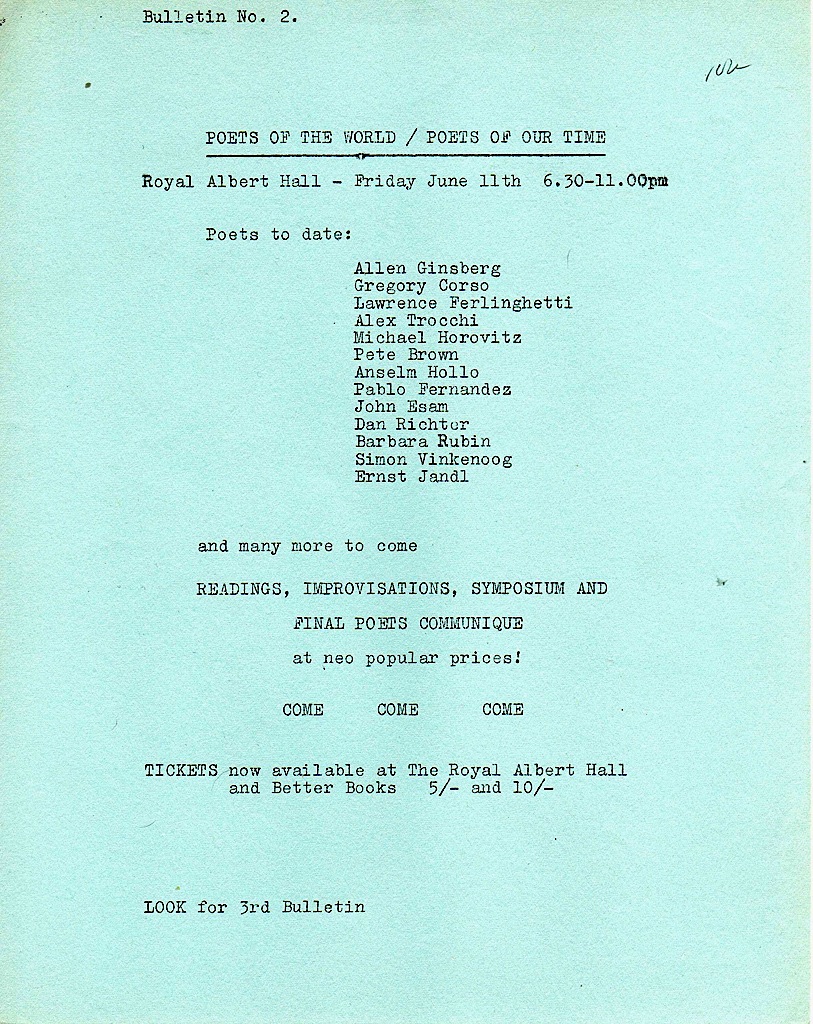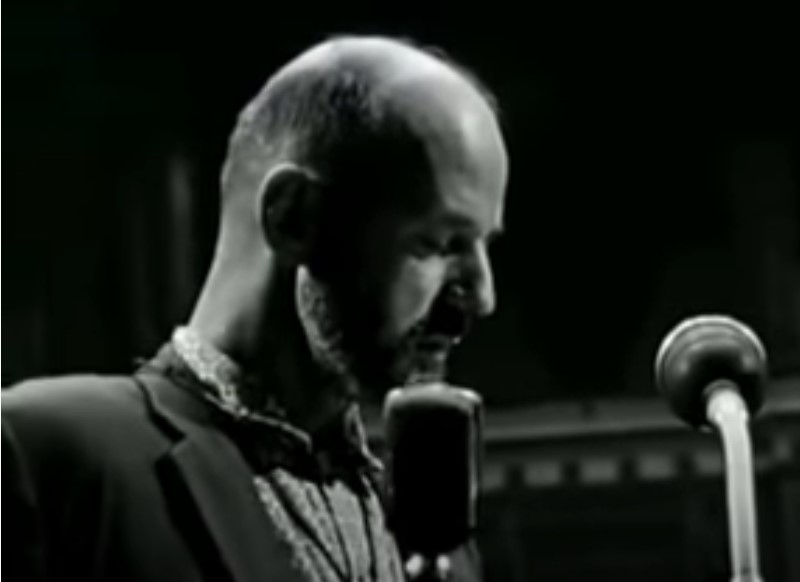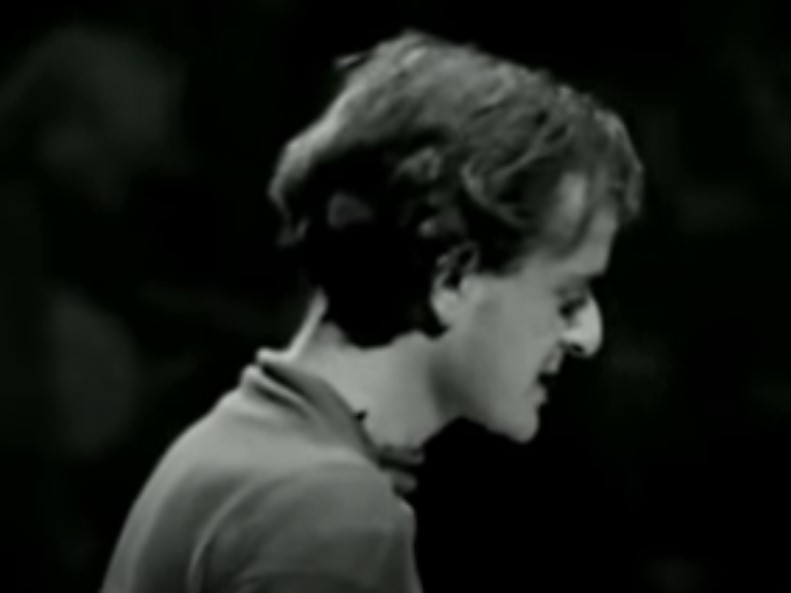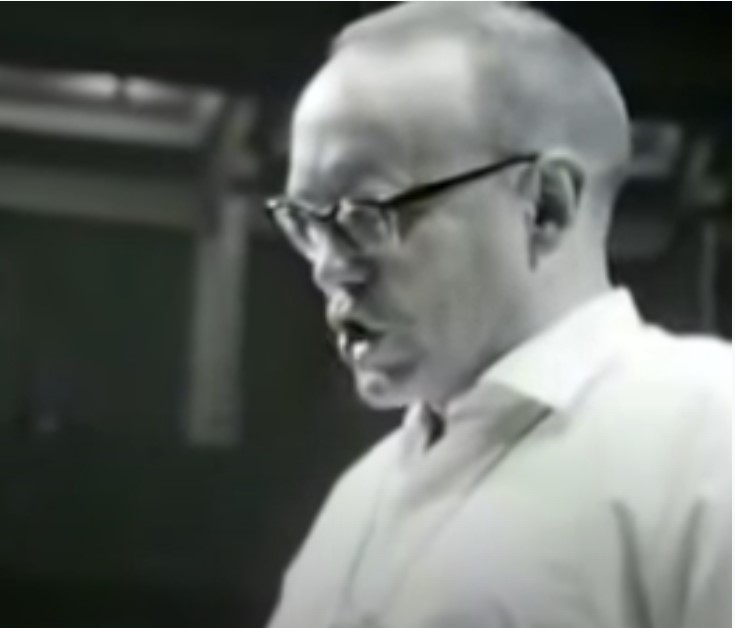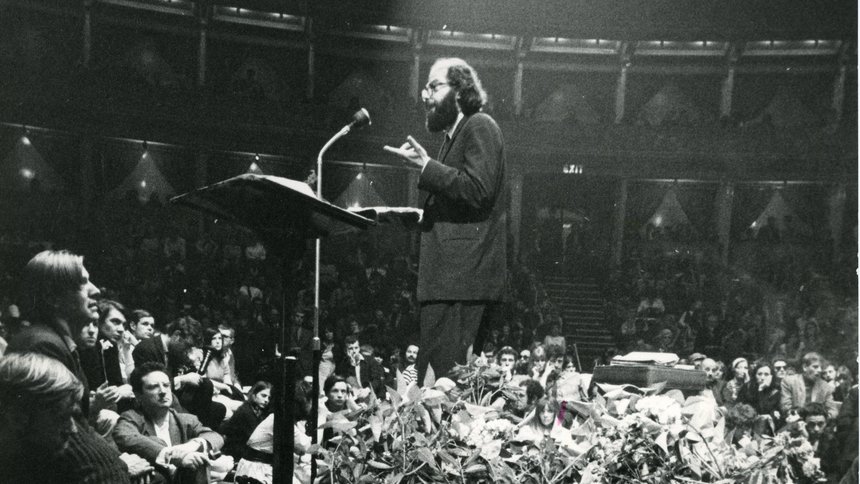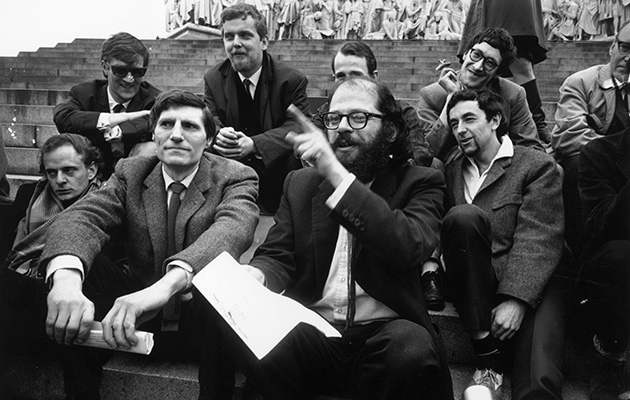
by Victoria Lucas
I will never forget that afternoon when I first saw Lawrence Ferlinghetti.
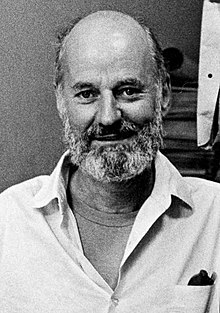
Lawrence Ferlinghetti
It might have been a weekend, but I spent many evenings after work in North Beach, either going to see The Committee (improv) at 622 Broadway, a movie at an independent moviehouse, or volunteer at the Playhouse theater. So I would often pass his bookstore, walking from my apartment (now at Army and 25th) or taking the cable car. It was still light, in any case. He was surrounded by a crowd, but I had a height advantage from the lay of the land at the off-grid intersection of Columbus and Broadway, and he could see me and I him. It seemed to me that our eyes locked and my world changed. (Cue romantic music.)

Cary Grant, Deborah Kerr in "Affair to Remember"
But not for long. (Music stops abruptly with the sound of a needle scratching a record.) He went off with some people and that was that. End of story. My affair to remember (thank you very much, Cary Grant and Deborah Kerr, but no thanks) was with the bookstore and not with the poet. (In any case, I'm now seeing someone, and we're moving in together.)
As for the books, I should admit that I was a virgin when it came to political bookstores. This was my very first time coming into contact with leftist publications and ideas beyond Ramparts Magazine and Stop-the-War demonstrations. That was only foreplay to the heavy breathing of anarchism and leftward utopianism, and the airy sparkle (or existential wail) of life among the poets.

One of Ferlinghetti's books from City Lights Publishers
This is particularly heavy for me since I'm currently working for a band of lawyers who are creating this type of bank card like the Diner's Club or gasoline or department store cards. (They call it "MasterCard," including Crocker Bank.) I am learning far too much about both how lawyers operate (meetings for which I type minutes but that never happened) and how Xerox machines work (some days I'm just all over black plastic dust that doesn't come off easily–one has to stir the stuff occasionally, you see) and how the frequent repairmen do too.
I'm not entirely sure which is the real me, the junior legal secretary or the beatnik-in-waiting. But I'm pretty sure it's the beatnik; like the Zen koan of the man dreaming he's a butterfly vs. the butterfly dreaming he's a man, I think I'm the butterfly.

So walking into that bookstore is an experience both warm and scary, both imaginary and real, the lights glinting off the windows, the chairs all occupied before I get there, the discussions I hear, and the erotic feel of the books themselves. I've learned it's the only all-paperback bookstore, that City Lights became a publisher 2 years after Ferlinghetti opened the bookstore, and that (with the help of the ACLU) Ferlinghetti beat a rap after publishing Allen Ginsberg's "Howl" for the first time ("obscenity"–when even I know it's the government that's the obscenity). (Oops, sorry, did I just violate a norm? It must be the butterfly fluttering inside me.)
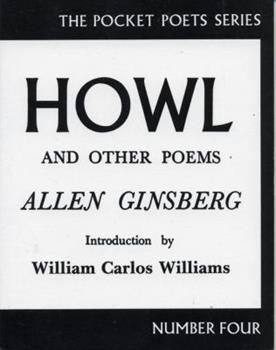
The "obscene" book
My affair will only end (and maybe only temporarily?) when I leave San Francisco. I keep coming back to California: born in LA, move to Tucson, move to San Francisco. What's next? Only time will tell.
I digress. I love North Beach. I wander around there every weekend. I think my new boyfriend and I will settle here for a spell close by. And then maybe I can spend even more time wandering from the Spaghetti Factory to City Lights to the Playhouse to The Committee and beyond.
![]()
The "obscene" bookstore
In the meantime, I sometimes take the cable car (and/or I walk) to City Lights. After seeing that there was no pressure to buy (an important part of the experience, given my still impecunious state), I take advantage of what appears to be a policy that no one bothers people who read the books or even the magazines. They also have great bulletin boards with notices of readings, concerts, plays, everything that's Going On. The more people inside the windows in the brightly lit store, reading, the more come in from outside–and maybe buy something. I don't buy very much at City Lights, but I am becoming familiar with a lot of titles, a lot of poetry, and a lot of polemics, politics, Asian and Indian religions, new ideas.
As I caress the new ideas, and they sweet-talk me, I still find an analytical spirit within me that doubts that their ideas of the future are any more valid than other promises I've heard. I resist the temptation to embrace them fully, even though I am also pushed into the arms of the left by Pacifica Radio (KPFA/KPFB with studios in SF & Berkeley) and its reports from the Vietnam front sent by intrepid reporters from the Christian Science Monitor who manage to elude the US government and find out what's really happening there. I try to be clear-eyed about what I swallow, but sometimes it's not so easy to avoid becoming emotional about the fate of the human species.
And then there's my new boy friend. Mel is an insurance inspector (steam boiler) who has spent much of his life at sea, a graduate of the Merchant Marine Academy. While having a girl in every port, he became seriously leftist and went to meetings of the Communist Party at one time. (He finally rejected the Party as being too reactionary.) We have both decided, I think, that the only hopeful politics are radical, but nonviolent and seriously sexual.
![]()
Sometimes I feel like the City Lights logo
We met because he is a sometime actor and poet who wants to make films. So do I, and we met in such a group–but I want to write for them. In the group we met a filmmaker who only lacked a camera. Marks that we were, we bought him a camera, believing that we would be working together. Guess who absconded with the camera–it wasn't us. So we bonded over the loss and resolved to be less gullible. But we still believe in each other and try not to believe everything we read or hear (or everyone who asks for money).
So Mel has had to put up with my affair with the bookstore–after all, we aren't married (yet). He reads, but he's not in love with print as I am. Meanwhile, please excuse me while I get back to my copy of The Berkeley Barb, for which I occasionally write.

![[April 4, 1966] A Bookstore to Remember (City Lights)](https://galacticjourney.org/wp-content/uploads/2021/04/citylights.jpg)

![[June 16, 1965] The International Poetry Incarnation](https://galacticjourney.org/wp-content/uploads/2020/05/Poster-550x372.jpg)
